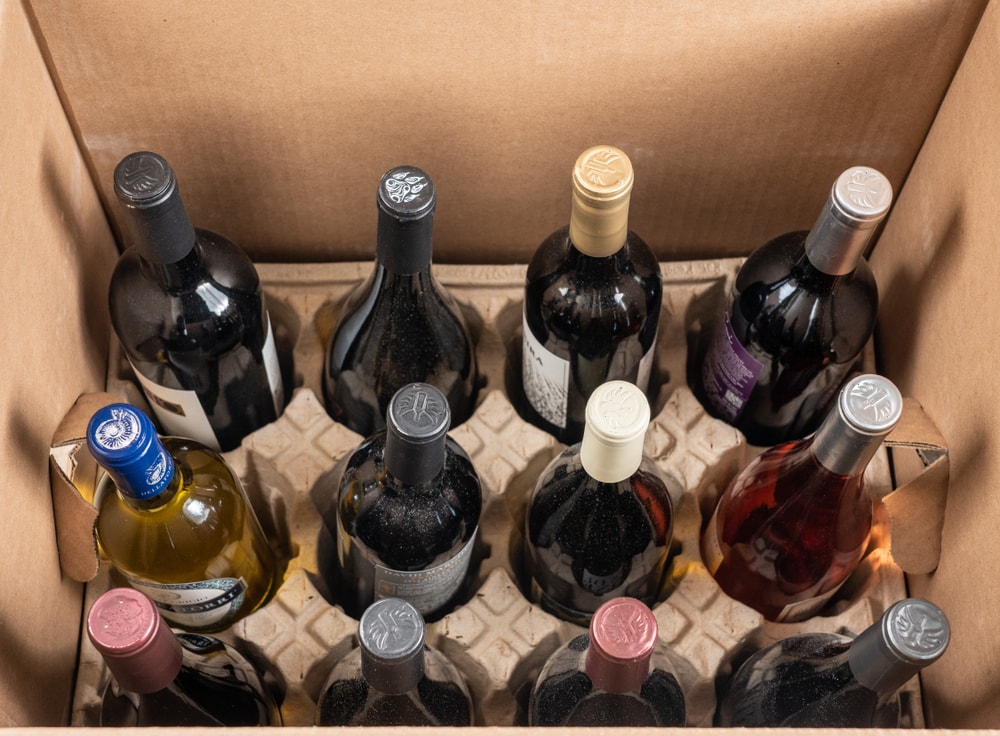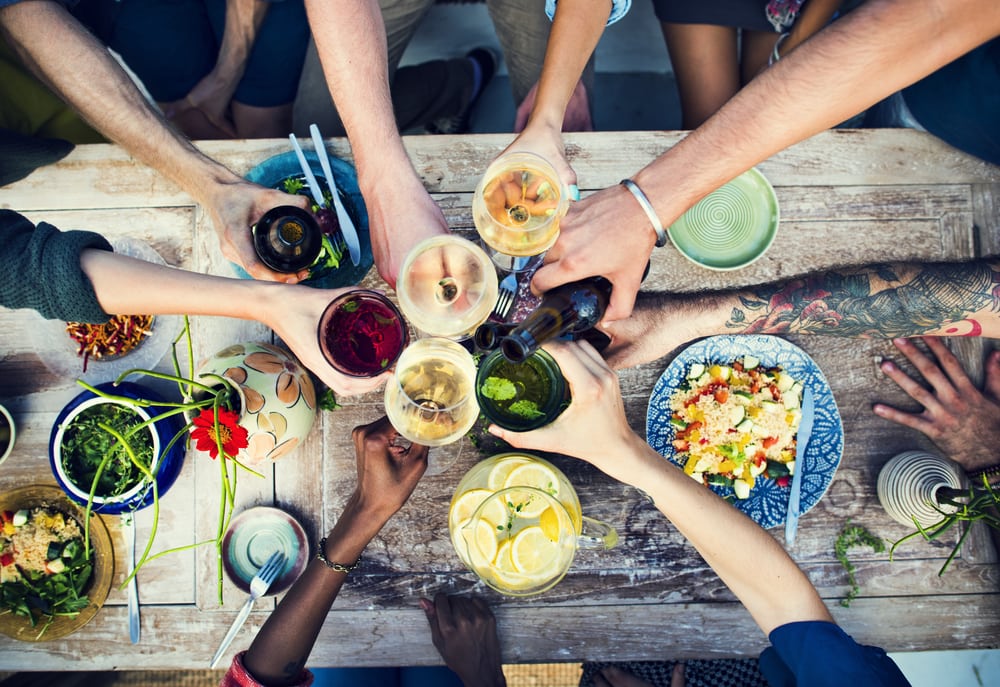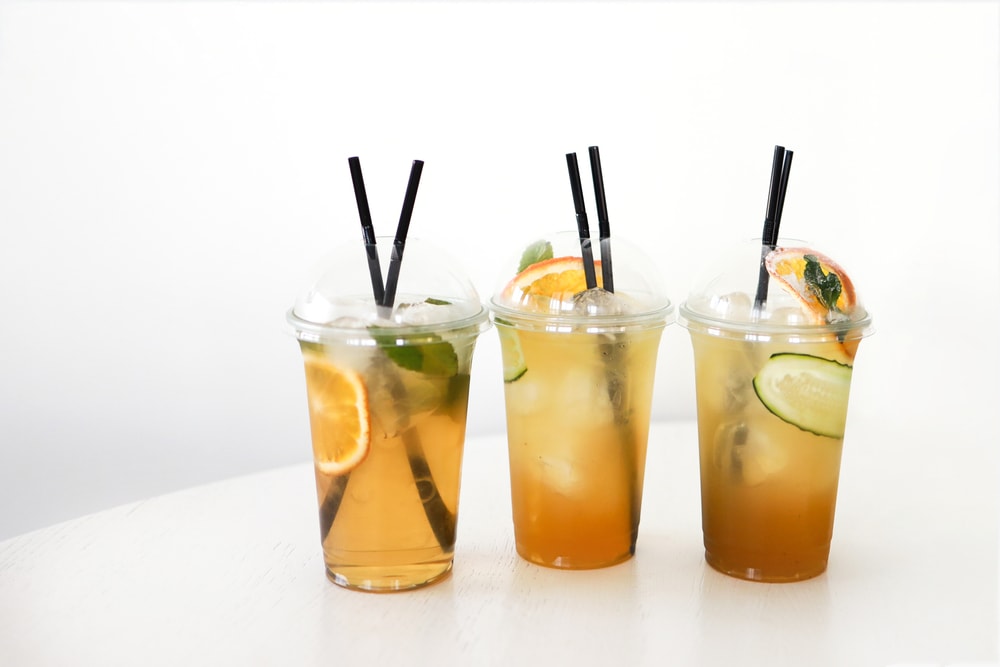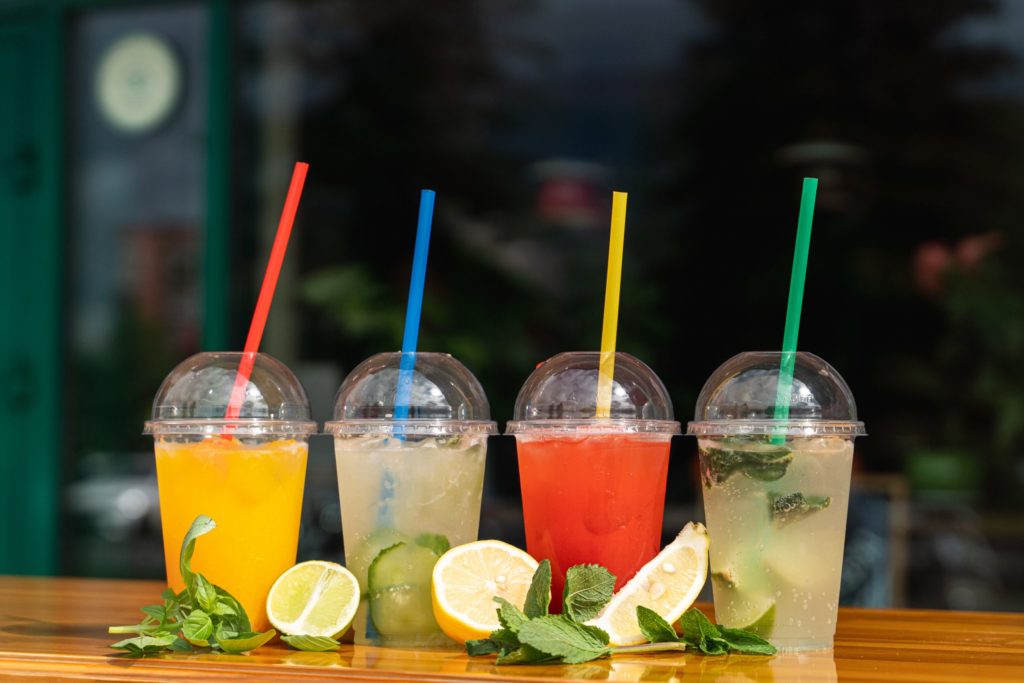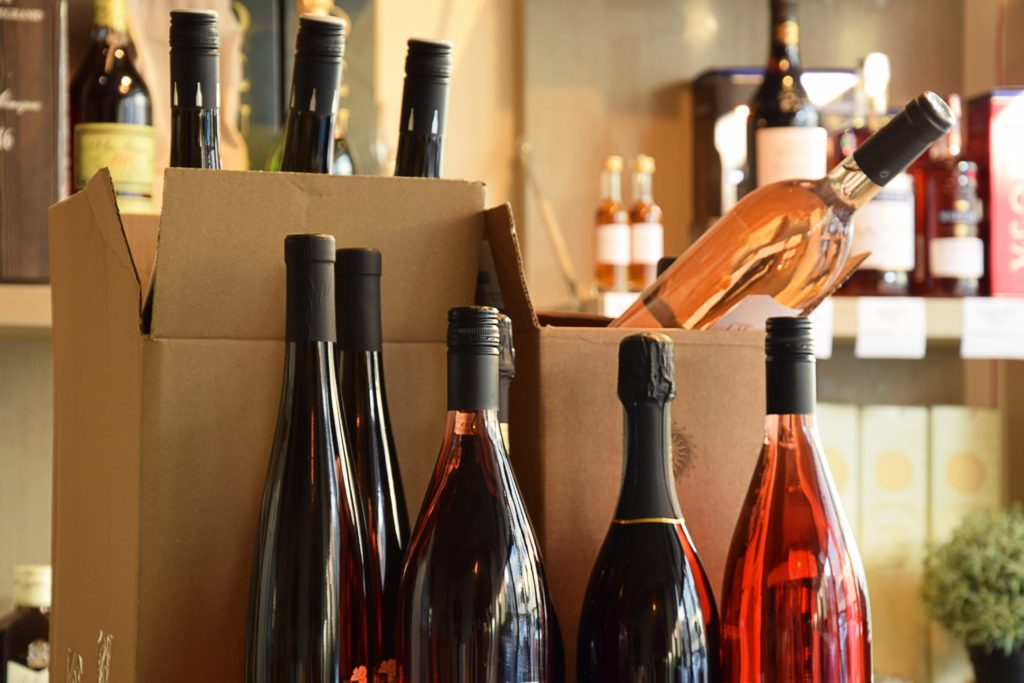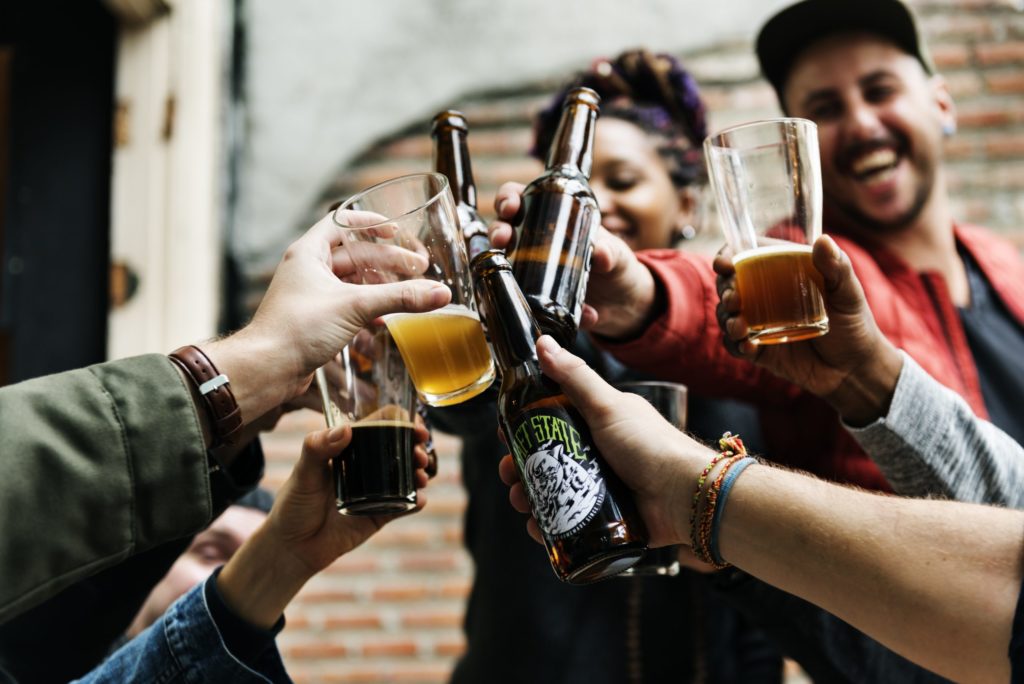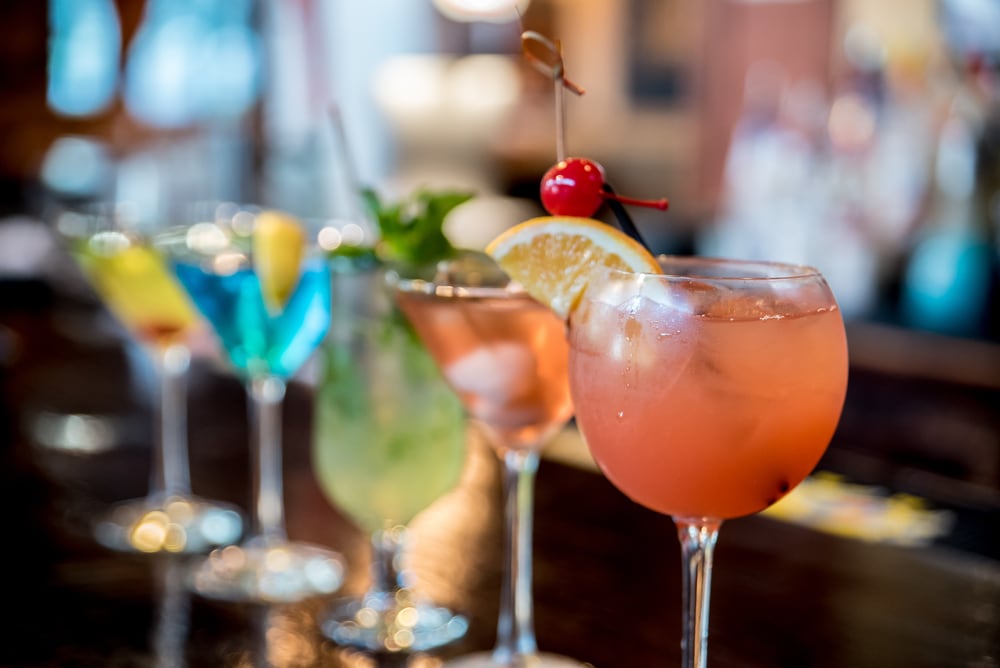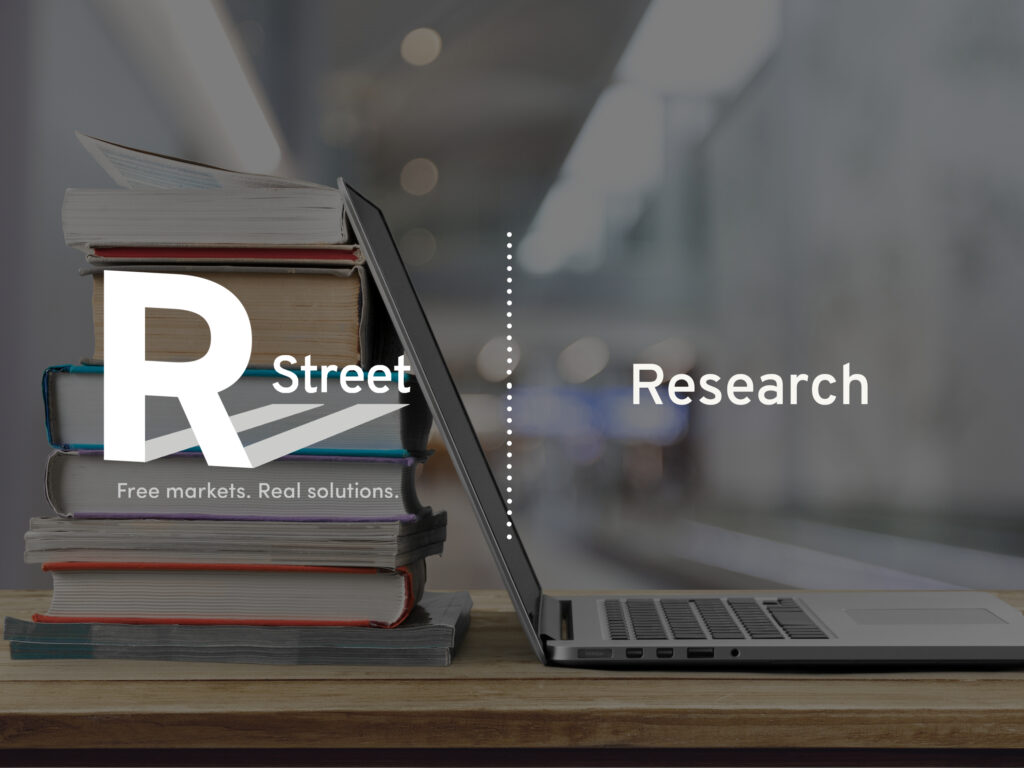Alcohol Delivery and Underage Drinking: A COVID-19 Case Study
Author
Key Points
1. Alcohol delivery boomed during COVID, and has largely re-shaped the conversation around alcohol.
2. Opposition interests are now suggesting that alcohol delivery will lead to more underage drinking.
3. This study–the first of its kind–empirically studies the question and finds that there is no real evidence of such a correlation.
Media Contact
For general and media inquiries and to book our experts, please contact: [email protected].
Introduction
In January 2020, the world of alcohol rules seemed to be mired in a kind of stasis. It had been 85 years since Prohibition, but the broad legal structure governing alcohol remained remarkably unchanged. Just three months later, in March 2020, everything changed.
The COVID-19 global pandemic that gripped America and the broader world led to unprecedented realignments in our way of life. Governments began issuing mask mandates, social distancing orders, and even rules around how—and if—businesses could continue operating.
In response, innovations like to-go and delivery alcohol took hold across the country, leading to a substantial shift in how alcohol was regulated. Now, three years later, opposition to these changes has started to become more prevalent. Most of the pushback has been focused on concerns that less stringent alcohol regulation could create negative externalities. One of the prime areas of concern has been underage drinking and whether enhanced alcohol delivery will lead to a spike in youth drinking across the country.
This study breaks down the latest underage drinking data to help provide a more informed debate around America’s pandemic-era alcohol reforms.

